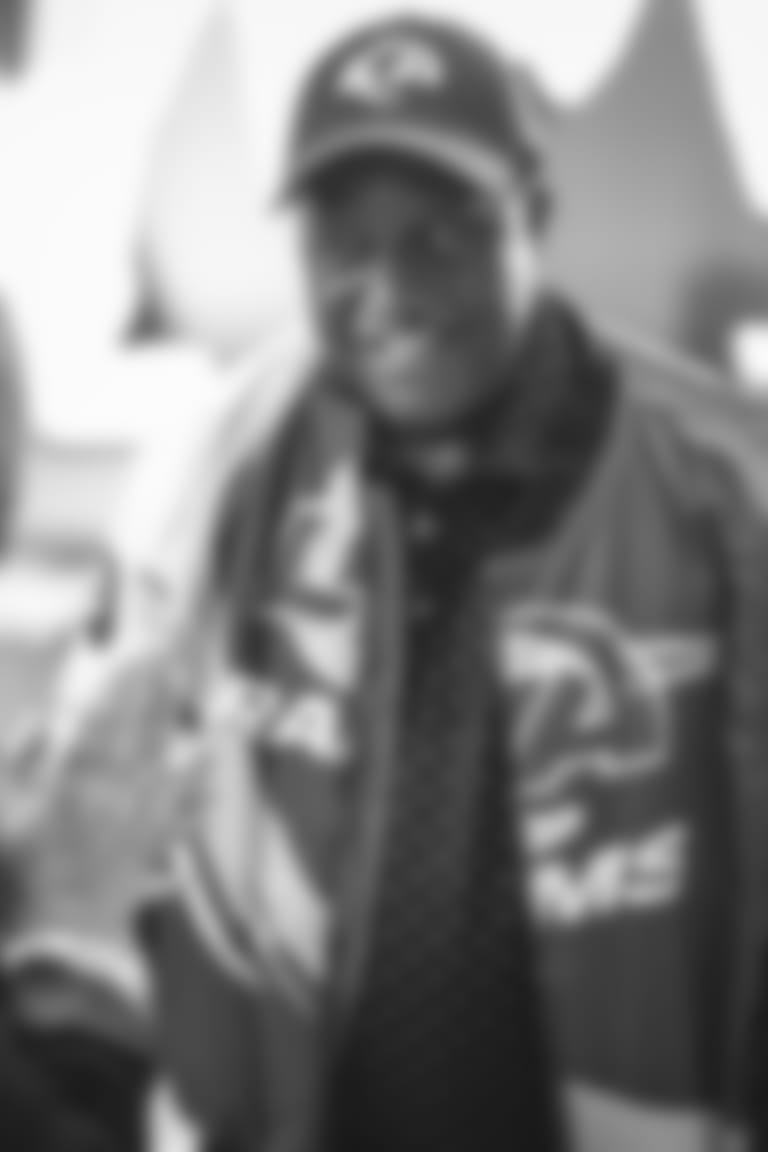INGLEWOOD, Calif. – George Weaver got to witness the importance of social justice and racial equity at an early age.
"Shortly after my birth, I was recognized in the publication Who's Who in America in association with the civil rights movement," Weaver said. "Truth is, my mother worked closely with Dr. Martin Luther King, Jr. Andrew Young and the Southern California Leadership Conference (SCLC)."
As he grew older and more capable of understanding of the significance of his mother's commitment to social justice and racial equity, he later had the "incredible" opportunity to spend a couple hours with Young, who stressed the responsibility he had to carry it on.
"Mr. Young quickly snapped me out of my 'fan boy' disposition and caused me to realize my responsibility with respect to honoring my mother's efforts," Weaver said. "Consequently, I made a promise to myself that I would not merely walk through the door that she and her colleagues fought so hard to open and enjoy the treasures awaiting me on the other side. To the contrary, I aimed to assume the responsibility of running through the door, racing to the next door, and opening it for those who were following me.
Weaver said he owes a debt of gratitude to his mother and her colleagues. It's what inspired him to become a "quasi-purveyor of the history of social justice and racial equity," and later attend UCLA, an "institution with a long and checkered social justice and racial equity past." Weaver said that while structural and institutional racism and incidence of slavery remained prevalent at the school, so too did the history and pioneering efforts of Kenny Washington and Jackie Robinson, two men who he "long admired, appreciated and aspired to immolate."
Today, Weaver is honoring that commitment through his work as Trauma-Informed Youth Development Readiness Instructor for Brotherhood Crusade, a grassroots organization headquartered in South Los Angeles with more than five decades of service whose mission is to improve the quality of life of low-income, underserved, under-represented and disenfranchised individuals. Accordingly, that work is also why he was recently recognized as the Rams' first "pLAymaker" honoree of 2024.
Noting the power of professional sports' public platform to effectuate change and the Rams' legacy as pioneers within that, the recognition means a great deal to Weaver.
"This recognition means more to me than anyone will ever know because it ties me to a legacy that infects every inch of my body and drives me to be a better version of myself every day so that I can make a meaningfully significant difference in the lives of the young people with whom I am honored to work," Weaver said. "In short, this recognition affirms our effort to open the next door and pass the baton, while, more importantly validating the worthiness of our cause. For this, I am eternally grateful."
















